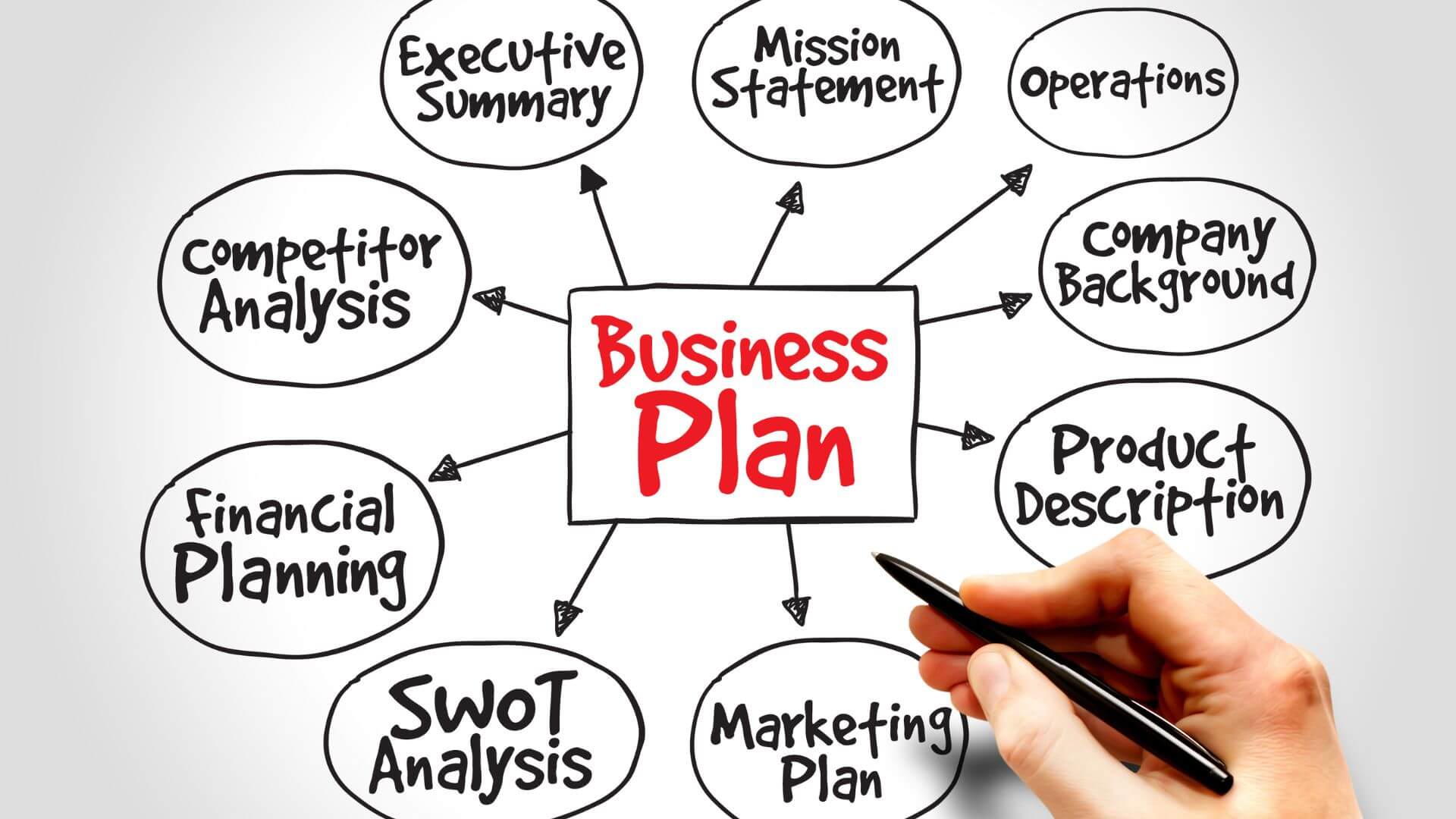Table of Contents

Creating a successful business plan can be a daunting task, but it’s an important step in starting a successful business. A well-written business plan acts as a roadmap for your business, helping you stay focused and on track as you face the challenges of becoming an entrepreneur.
To create a successful business plan, you should start by clearly defining your business idea and identifying your target market. From there, you’ll need to conduct market research, identify possible risks and challenges, and develop strategies for reaching your goals. Your business plan should also include a comprehensive financial plan with detailed projections for financial goals, expenses, and cash flow.
In addition to these essential components, a successful business plan should be engaging, and easy to understand. It should clearly communicate your unique value proposition and list the key factors that will lead to the success of your business.
It’s important to get feedback on your business plan from other entrepreneurs, business professionals, and possible investors as you work on it. This can assist you in identifying blind spots, improve your strategy, and strengthen your plan overall.
Do I need a Business Plan?
A business plan is important for more than one reason. First of all, as we’ve mentioned above, a business plan provides a roadmap for your business. It outlines your goals, strategies, and operations, and helps you identify and overcome potential obstacles. This roadmap gives you a clear path to follow, which can help you stay on track and focused on the task at hand.
A well-written business plan also serves as a blueprint for raising capital. Whether you are looking to get funding from investors or applying for a business loan, a good business plan can help you show that your business is viable and your ability to generate revenue and profits.
In addition, a business plan can also help you recruit team members. When starting a new business, you need to put together a team of talented and motivated individuals to help you achieve your goals. And good business planning can help you attract and retain team members by providing a clear vision of the company’s mission and goals, as well as each team member’s roles and responsibilities.
Finally, a business plan can help you make key decisions about your business. By providing detailed financial projections, market analysis, and research on your competitors, good business planning can help you evaluate the potential risks and rewards of various business decisions. This can help you make more informed decisions and reduce the likelihood of costly mistakes.
How Do I Make a Business Plan?
Knowing where to start when writing a business plan can feel like a huge challenge, especially if you’re new to entrepreneurship. It can be overwhelming to think about all the components that need to be included in the plan, below are some tips to help you on you way to writing the perfect plan.
1.Start with a clear and concise executive summary: Investors and lenders will read your executive summary before anything else, so make sure it’s attention-grabbing and gets your business idea across well.
2. Research your market: Conduct thorough research on your target market so you can understand their needs, likes, and buying habits. This will help you tailor your business plan to meet the needs of your potential customers.
3. Set specific, measurable, attainable, relevant, and time-bound (SMART) goals: Make sure your goals are clear and attainable, and give yourself a time limit to reach them. This will help you stay focused and motivated.
4. Identify potential risks and challenges: Be honest about the risks and problems that your business might face, and outline strategies to deal with them. This will show investors and lenders that you have a realistic view of your business and the market.
5. Focus on your unique value proposition: Clearly define what makes your business different from others and explain why customers should choose your product or service instead of others.
6. Create a comprehensive financial plan: Your financial plan should have detailed projections for income, expenses, and cash flow. It should also outline your funding needs and strategies for achieving profitability.
7. Keep it concise: Even though it’s important to provide comprehensive information, it’s equally important to keep your plan concise. Focus on the most important details and avoid unnecessary jargon or language that is too technical.
8. Get feedback: Have other entrepreneurs or business professionals look over your plan and give you feedback. This can help you identify areas for improvement and refine your strategy.
Don’t forget that your business plan is a continuing process that will change over time. Don’t be afraid to look at it again and change it as your business grows and changes. By using these top tips, you can create a strong and effective business plan that will help you accomplish your goals and build a successful business.
Define Your Vision and Mission Statement
Creating a vision and mission statement for your business is an important part of making a winning business plan. Your vision statement is a broad statement outlining what you want your company to accomplish in the long run. It should be ambitious, motivational, and easy to remember. is a more detailed explanation of what your business does, who it serves, and how it serves them. Your vision and mission statements will assist you in making all of your decisions, from what products or services to offer, and who to hire.
Conduct Market Research
An important part of making a business plan is conducting thorough market research. This research will help you learn more about your industry, your competitors, and your target market. With this information, you can create a strategy for how to set your business apart and to make your business stand out in a crowded market. Market research can help you spot trends, understand customer needs, and develop a pricing plan that is competitive and profitable.
Outline Your Product or Service Offering
Your business plan should also include a detailed description of the product or service you are offering. This should include the benefits of your product or service, what makes it stand out from others, and any unique selling points that you may have. Your product or service should be appealing and in line with your vision and mission statements. It should also be well researched and meet the needs of your target market.
Develop a Marketing and Sales Strategy
Once you have outlined your product or service, you need to create a marketing and sales strategy that will help you reach your target market. This section should include details about your price strategy, marketing approach, and the channels you will use to sell your product or service. Your marketing and sales strategy must be thorough, well-researched, and consistent with your overall business objectives.
Create a Financial Plan
A solid financial plan is an essential element of any business plan. This should include a projected income and cash flow statements and balance sheets. Your financial strategy should also outline how you intend to finance your business, whether it’s through equity, debt, or a combination of both. Your financial strategy should be based on sound assumptions and be realistic. It should also be adaptable enough to accommodate changes as your company develops and expands.
Set Milestones and Metrics
Finally, your business plan should include milestones and metrics that you can use to track your progress. These goals should be specific, measurable, and achievable, so you can track your progress and make changes as needed. Milestones and metrics can help you stay on track and keep you motivated, as well as help you identify areas where you need to improve. They can also be used to let investors and other stakeholders know how things are progressing.
Final Thoughts
A business plan is an essential tool for any entrepreneur who wants to launch a successful business. It shows the company’s goals and objectives, as well as the strategies it needs to achieve those goals. A well-written business plan can also be used as a guide for raising capital, building a team, and making key business decisions. It’s the foundation on which a successful business is built , and therefore by conducting market research, outlining your product or service, developing a sales and marketing strategy, creating a financial plan, and setting milestones and metrics, you can put together a comprehensive, well-researched business plan that will help you reach your business goals.












